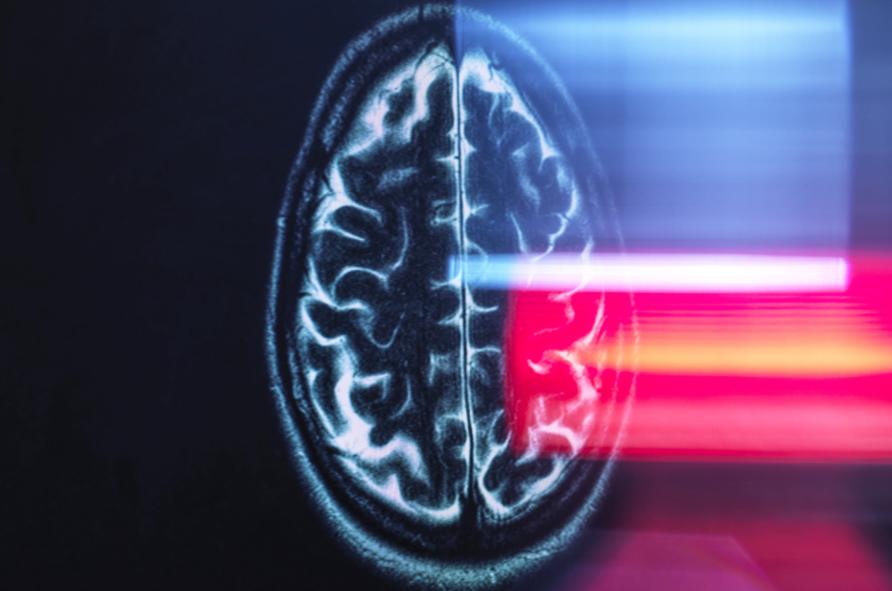
AI’s Role in Unlocking Precision Medicine’s PotentialAI’s Role in Unlocking Precision Medicine’s Potential Precision medicine, tailored to individual patients’ genetic makeup and health data, has the power to revolutionize healthcare. Artificial intelligence (AI) is a crucial catalyst in unlocking its full potential. Patient Data Analysis and Classification: AI algorithms can analyze massive amounts of patient data, including electronic health records, genomic sequencing, and medical imaging. This data enables healthcare providers to classify patients into distinct groups with similar genetic profiles and disease risks. By understanding the underlying biological mechanisms, AI can help identify the most appropriate treatments and interventions for each patient. Drug Discovery and Development: AI can accelerate drug discovery by simulating drug-target interactions and predicting their efficacy and side effects. By analyzing large datasets of chemical compounds and biological targets, AI can identify promising candidates and optimize their design. This collaboration can significantly reduce the time and cost associated with drug development. Personalized Treatment Plans: AI assists in developing personalized treatment plans by considering each patient’s unique genetic information, lifestyle factors, and health history. It can predict the likelihood of treatment success, potential adverse effects, and optimal drug dosages. This level of precision allows healthcare providers to tailor interventions to maximize benefits and minimize risks. Disease Risk Assessment and Prevention: AI can leverage genetic information and other health data to assess an individual’s risk of developing certain diseases. By identifying high-risk individuals, AI can help implement preventive measures, such as lifestyle changes, early screening, or targeted interventions. This proactive approach can significantly improve disease outcomes. Real-World Monitoring and Evaluation: AI can contribute to ongoing disease management by monitoring patient outcomes and assessing the effectiveness of treatments in real time. By analyzing data from wearable devices, sensors, and patient-reported outcomes, AI can identify trends and provide timely alerts to healthcare providers. This enables adaptive treatment adjustments based on evolving patient needs. Challenges and Considerations: While AI holds immense promise, there are challenges to be addressed: – Data Privacy and Security: AI algorithms require large datasets, raising concerns about data privacy and security. It is crucial to implement robust measures to protect patient information. – Algorithm Bias: AI algorithms must be unbiased to ensure equitable access to precision medicine. Data representation and model training must be carefully considered to avoid perpetuating existing disparities. – Clinical Validation: AI-driven tools require rigorous clinical validation to ensure their accuracy, reliability, and clinical utility. Conclusion: AI is transforming precision medicine by enabling data-driven decision-making, accelerating drug discovery, optimizing treatment plans, assessing disease risks, and monitoring patient outcomes. By harnessing AI’s capabilities, we can unlock the full potential of precision medicine to improve patient care, enhance outcomes, and revolutionize healthcare.
Posted inNews